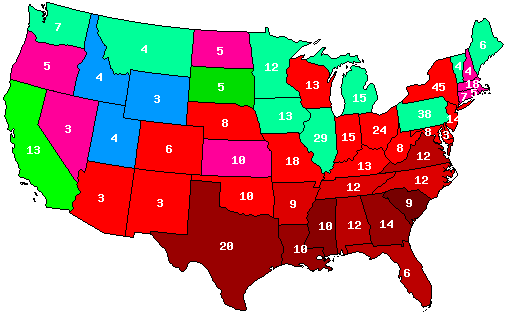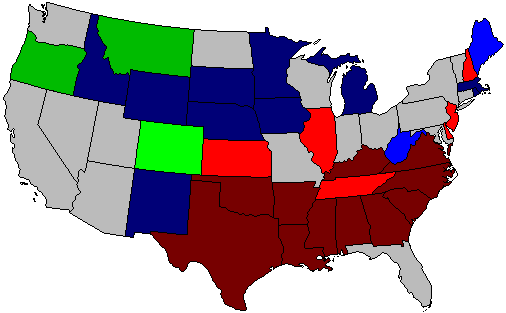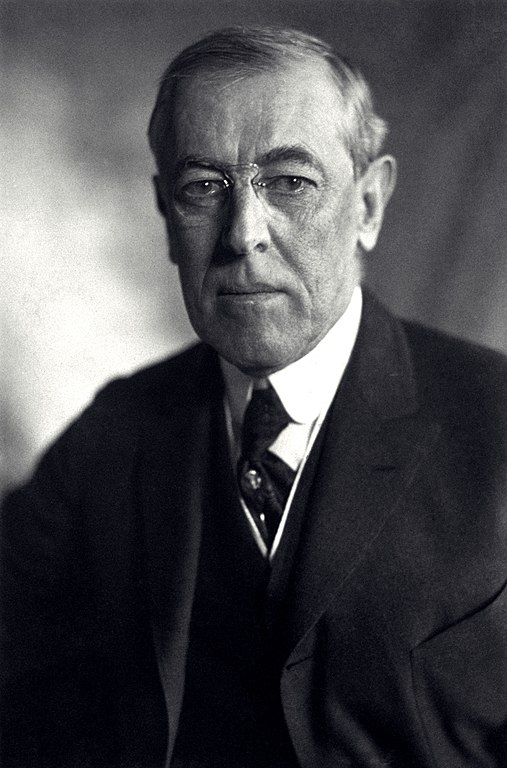1: Nineteen Twenty-Four: The Rise of the Progressives
Introduction: This is my first timeline; comments, constructive criticism and questions are welcomed. The PoD allows for a certain candidate to campaign more vigorously, improving his party’s performance in the 1912 election and beyond...
I have a rough idea of where things are going to go through the early twenties.
I'm not sure if I'm going to keep this format or not. I might move to bullet points.
While on the campaign trail, Former President Theodore Roosevelt was shot in the chest by John Flammang Schrank. The bullet was stopped by Roosevelt’s pocket watch, which was in his coat pocket at the time. Roosevelt went on to give his scheduled speech, noting that “it takes more than that to kill a bull moose.”
Vice President Sherman has died at the age of 57 from Bright’s disease at his home in New York. No announcements have been made regarding his replacement on the Republican ticket for next week’s election.
Tonight, Woodrow Wilson was elected in a landslide vote in the Electoral College. Former President Theodore Roosevelt, who sought a third term, has the best third party vote in history, winning eleven states, for a total of 146 electoral votes. Former President William H. Taft was shut out of the Northeast and won only eleven electoral votes from three western states.

Woodrow Wilson/Thomas Marshall 40.1% 374 EV
Theodore Roosevelt/Hiram Johnson 29.8% 146 EV
William Taft/[James Sherman] 24.1% 11 EV
Eugene Debs/Emil Seidel 5.0% 0 EV
Others: 0.9% 0 EV
Congressional Results
Senate
Democratic 49 (increase of 5)
Republican 41 (decrease of 7)
Progressive 4 (increase of 2)
(Due to 2 vacancies, the current number of senators is 94)

House of Representatives
Democratic 275 (increase of 46)
Republican 135 (decrease of 29)
Progressive 25 (increase of 25)
Note: The House of Representatives increased by 41 seats, for a total of 435.
Introduction: This is my first timeline; comments, constructive criticism and questions are welcomed. The PoD allows for a certain candidate to campaign more vigorously, improving his party’s performance in the 1912 election and beyond...
I have a rough idea of where things are going to go through the early twenties.
I'm not sure if I'm going to keep this format or not. I might move to bullet points.
October 14th, 1912
Former President Roosevelt shot in Milwaukee.
October 30th, 1912
Vice President James S. Sherman Dies
November 5th, 1912
Wilson defeats Roosevelt and Taft; Roosevelt in second place
Woodrow Wilson/Thomas Marshall 40.1% 374 EV
Theodore Roosevelt/Hiram Johnson 29.8% 146 EV
William Taft/[James Sherman] 24.1% 11 EV
Eugene Debs/Emil Seidel 5.0% 0 EV
Others: 0.9% 0 EV
Congressional Results
Senate
Democratic 49 (increase of 5)
Republican 41 (decrease of 7)
Progressive 4 (increase of 2)
(Due to 2 vacancies, the current number of senators is 94)
House of Representatives
Democratic 275 (increase of 46)
Republican 135 (decrease of 29)
Progressive 25 (increase of 25)
Note: The House of Representatives increased by 41 seats, for a total of 435.
Last edited:
